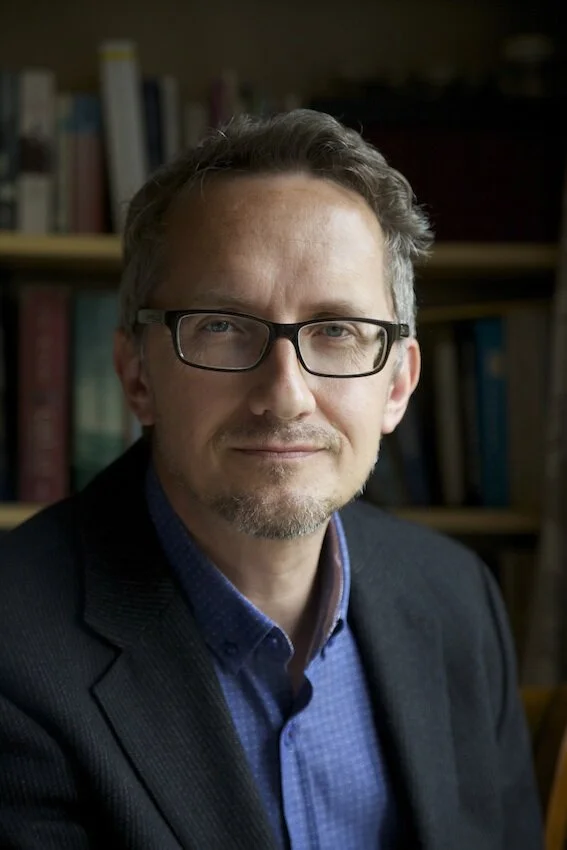Andrew Howes: “I am impressed by the ambition of FCAI to advance AI for a world of people”
Professor Andrew Howes is interested in human decision-making and how to build computer systems that enrich human lives. He is currently a visiting researcher at FCAI.
Can you introduce yourself and also share something surprising of yourself, please?
“I’m a cognitive scientist, interested in topics such as human decision-making and how to build computer systems that enrich human lives. Something surprising: in 1986, I was accused of stealing Halley’s comet!”
Much of your research focuses on how we can use computers to model human cognition. How did you become interested in this topic?
“It happened very early on, in the mid-1980s. I was inspired by the possibilities of artificial intelligence and thought that AI might be advanced by understanding how people do things.
What has been achieved in AI research in the previous ten years is extremely impressive. Within the following ten years, I hope to see real-world applications that understand people and enrich human lives. I also hope that we can move quickly to the next generation of AI, without another AI winter. That means moving smoothly to AI systems that are strongly based on models: in particular, models of humans and human cognition.
AI systems also need to be compliant with the social environment of human beings and the institutions that people construct including the legal institutions that protect our fundamental rights and the institutions that provide democratic oversight.”
How can we build such AI systems?
“Cognitive science and artificial intelligence have become closer to each other over the past years, which is very exciting. AI is really making a difference to how we understand the human mind. The key is in interdisciplinary approach.
For example, the concept of reinforcement learning comes from very early theories in psychology. It is now explored computationally within machine learning and artificial intelligence, which provide new tools and ways of thinking that are useful in understanding the human mind.”
How did you end up joining FCAI?
“I was very lucky to be approached by Professor Antti Oulasvirta whom I have known for many years. I have been hugely impressed by his work and the ambition of FCAI to advance AI systems that understand a world for people. I am not aware of any other centre that has the scale and potential of FCAI in this area. That is incredibly exciting, and this is the place to be.”
What do you expect from your time at FCAI?
“I hope to learn about the latest ideas in machine learning that can help in modelling human beings. I expect to make a lot of new friends and hopefully to establish a research program for the years to come.
People at FCAI have been wonderful in welcoming me. Despite the pandemic, I have met many people. Obviously, I have met fewer people in person than I would have otherwise liked, but there are workarounds. We have had walking meetings enjoying the peaceful Aalto University campus. If we are creative, we can continue to find ways to collaborate even in the current climate.”
Andrew Howes is Professor of the School of Computer Science at the University of Birmingham. Currently, he is also a visiting researcher at the Finnish Centre for Artificial Intelligence FCAI.
